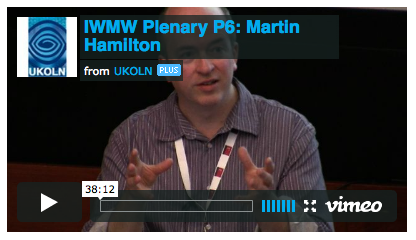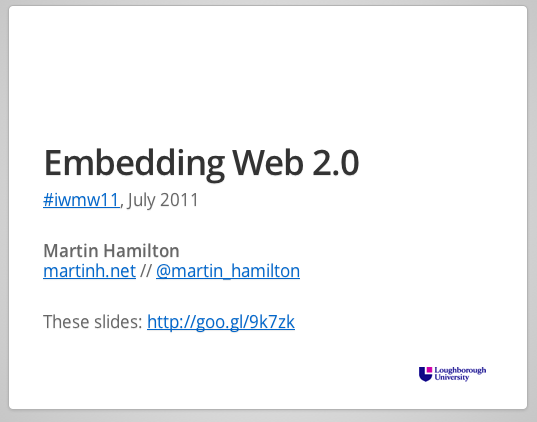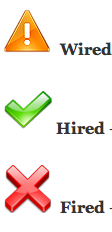This post is prompted by recent Twitter discussions involving some of my co-conspirators from the 1990s, back when I was a digital libraries researcher, web caching poohbah and some-time
shambrarian.
We had a particular view that Internet search would (or perhaps "should") evolve along the same lines as the Internet itself - a many faceted distributed and decentralized networked organism, held together by a common web of protocols and interchange formats. This had worked pretty well for TCP/IP, after all, so why not take the same approach for finding stuff?
Bear in mind that WAIS and Gopher were still alive and kicking at this point...








